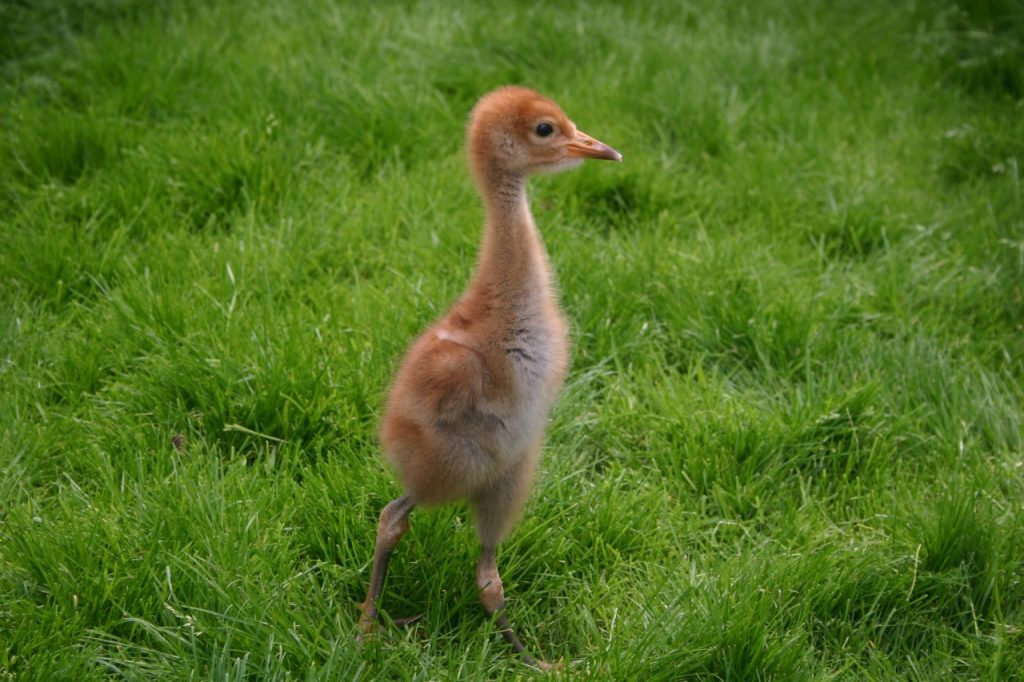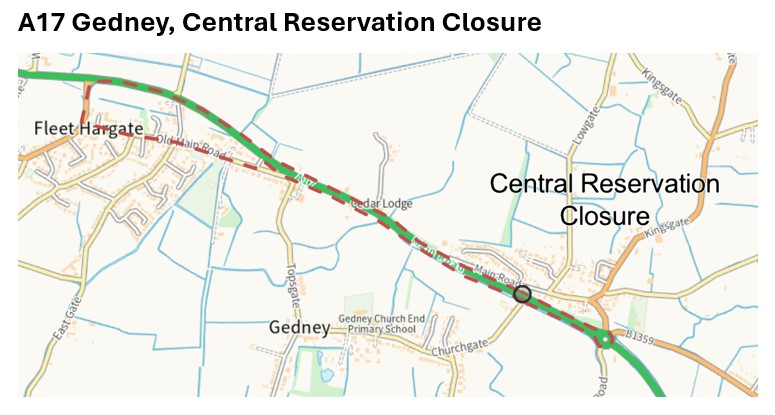The RSPB is celebrating after Britain’s tallest bird bred at a South Holland Nature reserve for the third successive year.
The Lincolnshire Wildlife Trust owned Willow Tree Fen, near Tongue End, has been remodelled in the last few years after a pair of cranes bred there for the first time in four centuries in the county.
They birds have kept returning and the RSPCA’s latest figures say the bird, made extinct in the country in the 1500s, is making a brilliant return and had its second most successful year since being reintroduced in 1979.
The pair at Willow Tree are among a record-breaking 71 pairs with 64 breeding chicks.
Matthew Capper, from Lincolnshire Wildlife Trust added: “2022 marked the third year that cranes have successfully bred in Lincolnshire, reflecting the ongoing national spread of the species and the hard work by a number of conservation organisations to provide suitable sites for them.
“We are incredibly proud to be a playing a part in their recovery but this would be hugely undermined if the laws that protect these wetland sites were weakened or removed.”
The RSPCA highlighted the issue last week on Wetlands Day (February 2) and is currently campaigning against the UK Government’s controversial Retained EU Law (Revocation and Reform) Bill, which, it says risks not only vital environmental regulations, but creates a hugely time consuming and distracting process, potentially delaying delivery of government commitments.
“Many wetland sites across the UK are afforded the highest level of legal protection for nature,” a spokesman said. “However, under the Retained EU Law Bill, Ministers would be given the power to weaken or to remove these laws, leaving these and many other of the very best places for nature across the UK far more vulnerable to harm.”
Damon Bridge, chair of the UK Crane Working Group said: “Much of the UK’s best wetland habitats are protected areas and provide sites for cranes to nest safely.
“The crane population is growing and our wetlands are important refuges for many other specialist wetland species. We now need to expand and connect up larger areas of wetland across the UK.
“Wetlands help lock carbon away, reducing green house gas emissions, and can also help to reduce flood risk to homes and communities as well as being wonderful areas for wildlife. We must continue to protect them.”
Andrew Stanbury, RSPB Conservation Scientist said: “The UK Government has made ambitious commitments to halt the decline in the abundance of species, and to protect 30 per cent of our land and sea by 2030. It must now choose to strengthen, not dismantle, the laws for protected areas that are critical to the continued success of Common Crane and many other iconic wetland species.”







